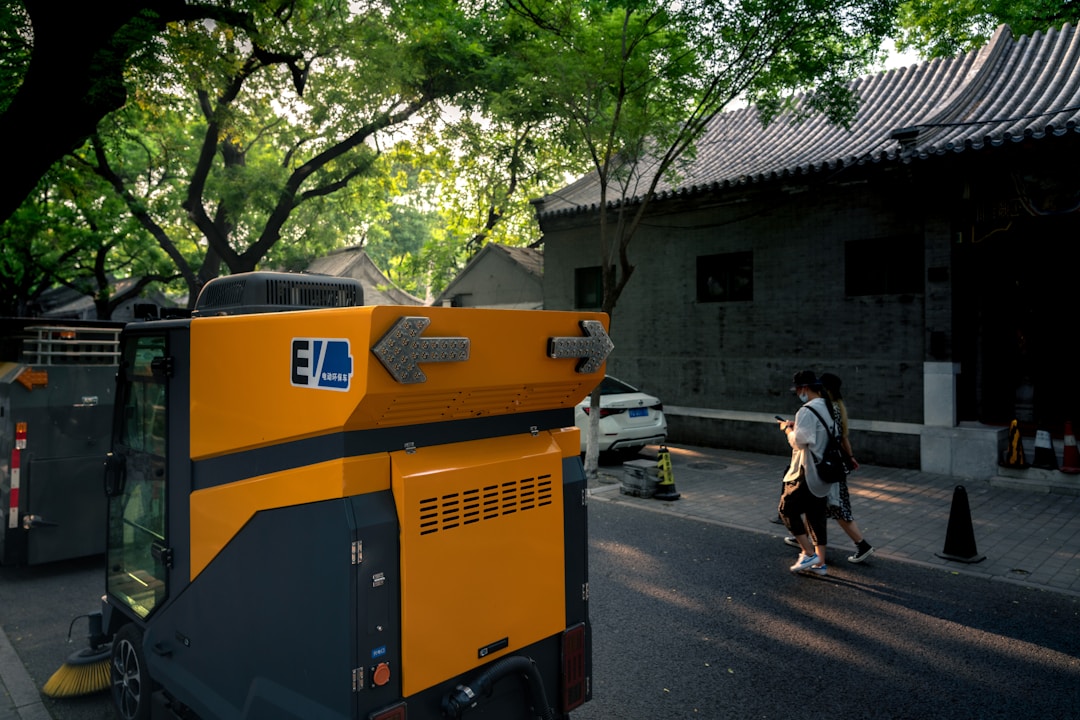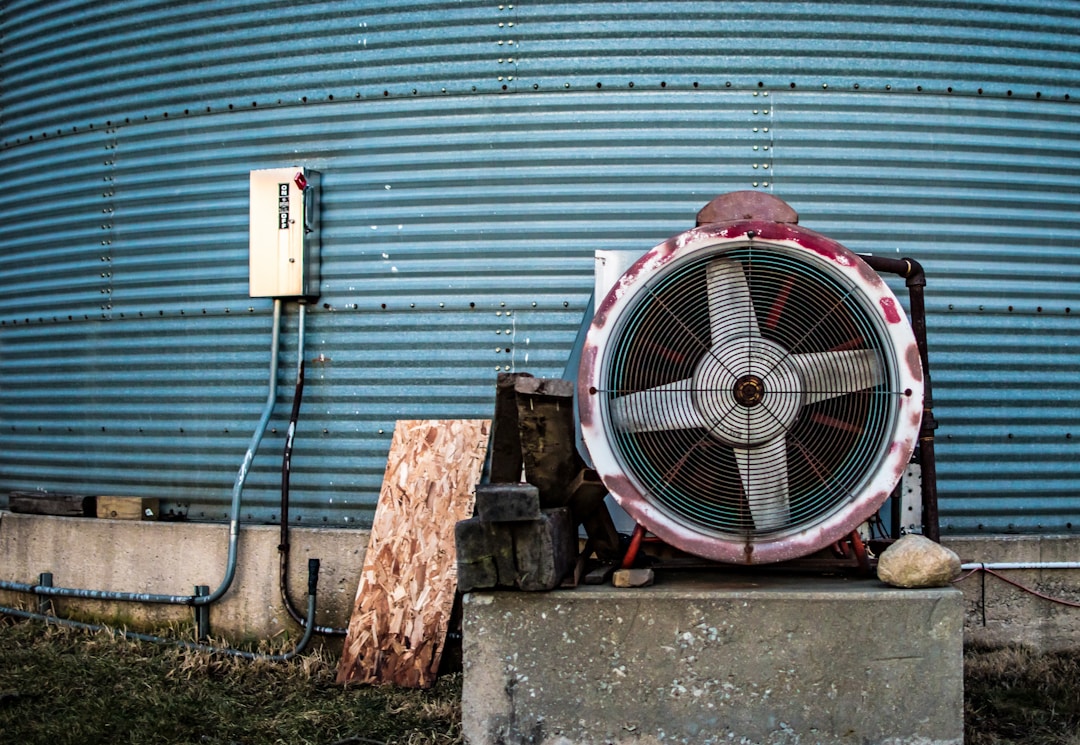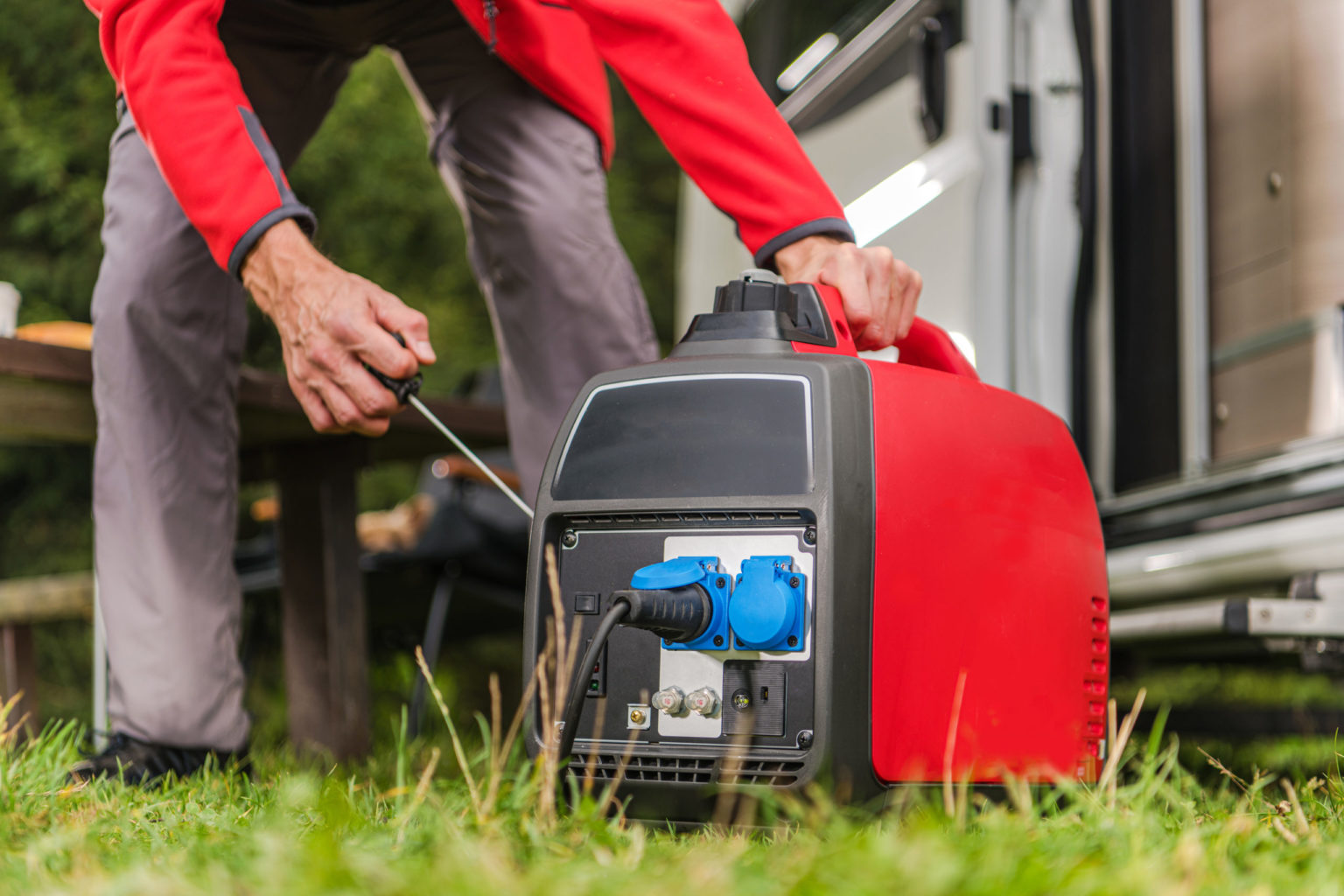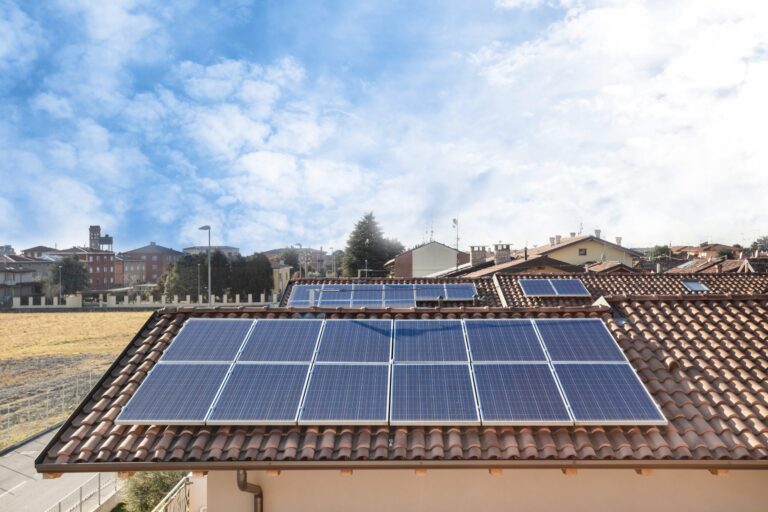Frequent power outages can expose your home appliances to several risks. Investing in a power generator for your home can be the best choice if it becomes too rampant. But shopping for a new generator can be challenging, especially if you’re less informed about the various types and the numerous technicalities that come with each. Here are a few differences between temporary and permanent generators to help you decide.
What is a permanent generator?

Many homeowners consider several factors when shopping around for a generator. Popular ones include durability, reliability, and size. Often, generators come in two main types: standby and backup. Standby generators, otherwise known as permanent generators, monitor your regular power source and automatically switch up when a failure is detected. They’re built to transition quickly without limiting operations for appliances in session.
Permanent generators connect permanently to your home’s circuits, saving you the stress of connecting and disconnecting wires anytime there is an outage. Many permanent generators are self-servicing machines. They can run diagnostics, lubricate their engines, charge their batteries, and facilitate several other functions to ensure peak efficiency.
Maintaining your permanent generator manually through DIY methods might churn little results and can lead to massive technical faults. You can rely on trusted names like Clements Electric with extensive experience managing residential and commercial installations. Enlisting credible technicians can be a great option, even though permanent systems require low upkeep.
What is a portable generator?
Portable generators are often called backup generators since they provide temporary power on demand. Unlike permanent systems, a portable generator can’t detect a power outage and switch itself on or off. You may need an operator on sight to switch your portable generator on whenever there is an outage or a system fault. Homeowners using portable generators have to fill their tanks with natural gas anytime they demand its services.
What are the main differences?

Generally, the overarching aim for a generator is to complement your energy consumption and ensure you have access to power all year round. This function applies to both permanent and portable options, but some specific differences between these two include:
Energy consumption: Generators can vary based on their consumption thresholds. Portable generators best suit homes with low consumption rates and less likelihood of sustained impact on electrical systems during a power outage. Other systems like a containerised generator can best suit large construction sites where construction needs huge consumption volumes to power their highly complex machines.
Installation: Backup and portable generators are DIY-friendly. Homeowners can operate and manipulate based on their preferences and utility challenges. Permanent options require extensive and well-planned installations best reserved for seasoned installers. After purchasing their products, many generator brands provide technical services at a lower cost for a seamless installation process. Some manufacturers in today’s appliance market may not allow other technicians to install their generators.
Size: Permanent generators are bulkier than backup generators. The size doesn’t only affect the look but also the features. The build methodology used for huge permanent generators differs in engineering sophistication from portable backup ones. Some permanent generators are custom-built for a select few organizations based on their challenges.
Cost: Brands like Honda, Generac, and Briggs and Stratton have numerous options between 1,500 and 2,000 dollars. Depending on which side of the range your budget falls within, you can get efficient 3K- and 8K-watt systems to power your home. Permanent systems, on the other hand, cost significantly more. Homeowners can pay up to between 1,200 and 2,000 dollars just to procure the permanent generator. They may need close to 11,000 dollars for additional installation costs.
All in all, choosing your option has more to do with your unique business challenges. As we have explained, you can better influence your business or home decision for a portable or permanent generator.








